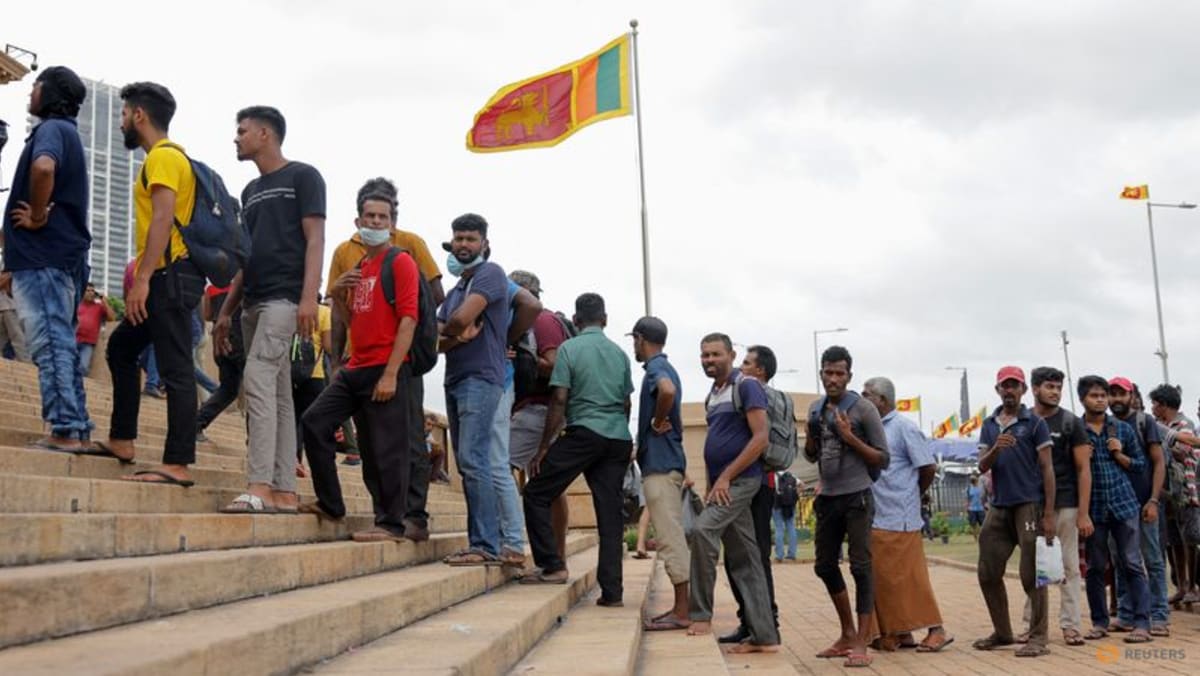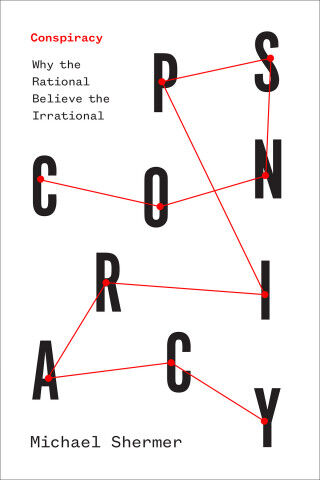Sri Lankans throng ransacked presidential palace amid political chaos


“PEACEFUL HANDOVER”
The economic crisis developed after the COVID-19 pandemic hammered the tourism-reliant economy and slashed remittances from overseas workers.
It has been compounded by large and growing government debt, rising oil prices and a seven-month ban on importing chemical fertilisers last year that devastated agriculture.
Petrol has been severely rationed and long lines have formed in front of shops selling cooking gas. The government has asked people to work from home and closed schools in an effort to conserve fuel.
Like most Sri Lankans, Chandrawathi said her family was struggling to make ends meet, battered by record inflation, currency depreciation, rolling power cuts and chronic fuel shortages.
Headline inflation in the country of 22 million hit 54.6 per cent last month, and the central bank has warned that it could rise to 70 per cent in the coming months.
Sprawled on an ornately carved wooden sofa, Wasantha Kumara said he had spent the night inside the president’s house, where a section of the main sweeping staircase was damaged.
Nearby, a handwritten poster read: “Watch as much as you want. Don’t destroy or loot”. A smashed vase lay next to it.
The pool’s water had turned murky by Sunday and no one was swimming.
Kumara, a 33-year-old government employee, said he was keen to see Rajapaksa keep his promise to step down on Wednesday.
“If he doesn’t go, I will continue to come here and I will continue to sleep here until he does,” he said.
Speaker Mahinda Yapa Abeywardena said on Saturday Rajapaksa’s decision to step down was taken “to ensure a peaceful handover of power”.
Wickremesinghe, seen by protesters as part of the ruling elite, also agreed to step down, his office said. A part of his private residence in an affluent Colombo suburb lay in ruins after protesters attacked it and set it on fire late on Saturday.
Three people with suspected links to the torching of Wickremesinghe’s home were arrested by the police on Sunday, police spokesman Nalin Thalduwa told Reuters.
Neither Rajapaksa nor Wickremesinghe were in their residences when the buildings were attacked.
Wickremesinghe, a six-time premier, was appointed in May after Rajapaksa’s brother, Mahinda Rajapaksa, quit as prime minister in an attempt to appease protesters who blamed the economic crisis on the brothers and their allies.
Details of a transition of power were not clear. The speaker had outlined proposals from a meeting of political parties on Saturday that would include parliament picking an acting president within a week.
In a corner of a darkened hall at Rajapaksa’s official residence, audio engineer Sameera Karunaratne sat with two friends playing Sri Lankan pop songs on a large, polished piano.
“It’s a dream to come to a place like this,” the 26-year-old said. “We just came to see what’s going on.”
Despite the chaos, the president’s office was still working. In a statement, the office said the president had instructed officers to unload a 3,700-ton shipment of cooking gas from a ship that arrived on Sunday.



